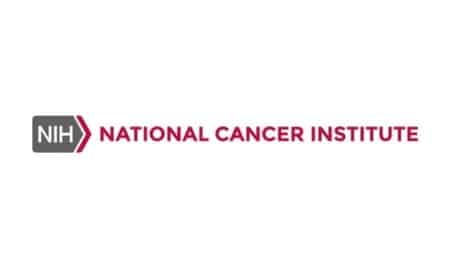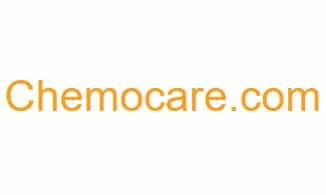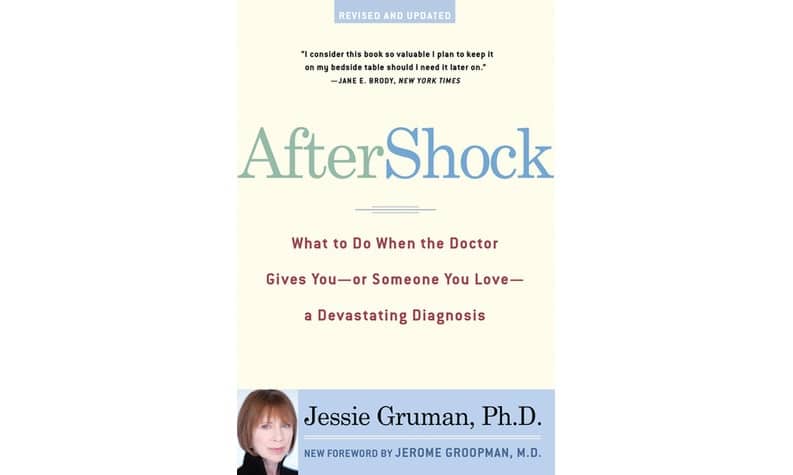Cancer diagnosis and treatment decisions
Each of the times I have received a cancer-related diagnosis, I felt like I had been drop-kicked into a foreign country: I didn’t know the language, I didn’t understand the culture, I didn’t have a map and I desperately wanted to find my way home.
Jessie Gruman, author of AfterShock: What to Do When the Doctor Gives You—or Someone You Love—a Devastating Diagnosis
A letter from Laura
You’ve just received a cancer diagnosis. Before you read any further, try getting in a comfortable position and take a few slow deep breaths. Feel your body relaxing more and more with each breath. Sense your mind getting quieter and clearer. Ask for what you need at this moment and listen for the answer that comes. Make note of this inner guidance. Now, let’s continue on.
A letter from Laura
This new cancer diagnosis may make you feel in shock and numb and not sure what to do next. Your mind may be going to all sorts of places, some of them scary. How will this affect me? My relationships? My work? My plans? My life? You likely have a lot of questions about your options and the best way to proceed.
At this time, you may find that loved ones are often either leaning in or have retreated to sort out their own feelings and figure out how this may change your lives. Out of concern, they may be telling you to take this supplement or try this treatment they found on the internet. It’s a lot just to make sense with what the cancer doctors are saying, much less take in all the other information floating out there.
Or, you may have landed on this webpage having had a little time to let the diagnosis sink in and are beginning to learn about your choices.
It’s a tough time, no doubt, especially since the territory of cancer is foreign to most of us, and we haven’t been equipped with what we need to navigate this unfamiliar landscape. You need a map, a compass, a guide—a sherpa, so to say—who knows the territory and can interpret the language. CancerChoices can be one of those trusted guides.
So, if you’ve just been diagnosed with cancer and want to explore how you weave together conventional care, complementary care, and self care, see the CancerChoices pages that we suggest in the rest of this document.
Thank you for choosing CancerChoices to be a guide by your side.
Take care,
Laura
Laura Pole, MSN, RN, OCNS
Laura Pole is senior clinical consultant for CancerChoices. Laura is an oncology clinical nurse specialist who has been providing integrative oncology clinical care, navigation, consultation, and education services for over 40 years. She is the co-creator and co-coordinator of the Integrative Oncology Navigation Training at Smith Center for Healing and the Arts in Washington, DC. Laura also manages the “Media Watch Cancer News That You Can Use” listserv for Smith Center/Commonweal. In her role as a palliative care educator and consultant, Laura has served as statewide Respecting Choices Faculty for the Virginia POST (Physician Orders for Scope of Treatment) Collaborative as well as provided statewide professional education on palliative and end-of-life care for the Virginia Association for Hospices and Palliative Care.
For CancerChoices, Laura curates content and research, networks with clinical and organizational partners, brings awareness and education of integrative oncology at professional and patient conferences and programs, and translates research into information relevant to the patient experience as well as clinical practice.
Laura sees her work with CancerChoices as a perfect alignment of all her passions, knowledge and skills in integrative oncology care. She is honored to serve you.
Laura Pole, MSN, RN, OCNS
Laura Pole is senior clinical consultant for CancerChoices. Laura is an oncology clinical nurse specialist who has been providing integrative oncology clinical care, navigation, consultation, and education services for over 40 years. She is the co-creator and co-coordinator of the Integrative Oncology Navigation Training at Smith Center for Healing and the Arts in Washington, DC. Laura also manages the “Media Watch Cancer News That You Can Use” listserv for Smith Center/Commonweal. In her role as a palliative care educator and consultant, Laura has served as statewide Respecting Choices Faculty for the Virginia POST (Physician Orders for Scope of Treatment) Collaborative as well as provided statewide professional education on palliative and end-of-life care for the Virginia Association for Hospices and Palliative Care.
For CancerChoices, Laura curates content and research, networks with clinical and organizational partners, brings awareness and education of integrative oncology at professional and patient conferences and programs, and translates research into information relevant to the patient experience as well as clinical practice.
Laura sees her work with CancerChoices as a perfect alignment of all her passions, knowledge and skills in integrative oncology care. She is honored to serve you.
First, take care of difficult emotions, symptoms, and physical distress
Find guidance if after a cancer diagnosis you are in crisis and need support with your distress.
Get clear on what matters now
Once you’ve tended to your difficult emotions and physical distress, you’re in a better frame of mind to ask yourself, “What matters most to me now?” During this diagnosis phase, when you’re making treatment decisions, the answer to that question may be your best guide to how to live, what treatments to take, and perhaps equally important what treatments not to take. This exploration is actually one of the 7 Healing Practices and a good place to start in caring for yourself.
Explore your options and make skillful decisions
This document may be the most direct guide for you now.
- Understanding your cancer diagnosis
- Verifying that the diagnosis is correct, including getting a second opinion
- Exploring your options
- Making decisions about care that is best for you
What are your choices?
The “Integrative Cancer Care” section of this website was created to help you understand your choices when facing a cancer diagnosis. Explore whichever choices seem relevant right now, and at the pace right for you.
Healing is at the foundation of an integrative approach to cancer care. You are more than your cancer, and a cancer diagnosis can open the gates to healing at more than the physical level.
You may be tempted to combine everything at once right now—conventional and complementary therapies and self-care practices. We suggest that if this is all pretty unfamiliar to you, take it slowly. Start by learning about and preparing for conventional treatment. Then, if it feels helpful, add a self-care practice that calls to you. You can explore and add complementary therapies later.
Learn about your cancer and recommended treatment
Knowing the basics about your cancer and the recommended conventional treatments is very helpful. Your oncologist likely gave you helpful information about all this. Please ask them to explain anything you don’t understand.
Many good resources are available for learning about your cancer and conventional treatment options. We recommend these.
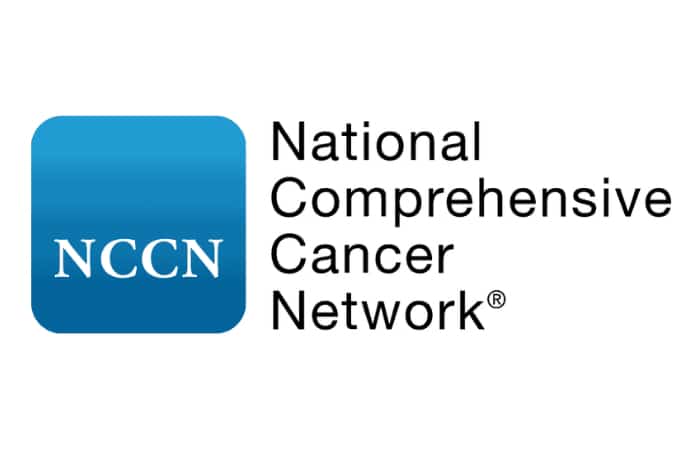
NCCN Guidelines for Patients ›
Treatment by Cancer Type ›
For health professionals
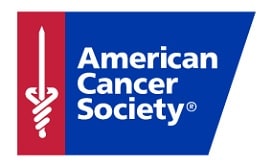
Understanding Your Diagnosis ›
Cancer A-Z ›
Find information on your type of cancer
Creating a personal treatment plan
As you’re exploring your options, you may want to get help from an integrative oncologist whose focus is to bring all these options to the table for people with cancer. Professional and volunteer advocates and navigators can also guide you in pulling your choices together and creating an integrative cancer care approach.
Find guidance in understanding and integrating your choices:
Find an integrative oncologist and other professionals ›
Help with practical matters:
As you explore all your options, you might want to seek guidance from a professional or volunteer navigator or advocate.
They may also be able to recommend simple therapies that will help you right now.
The risk of relying solely on alternative cancer therapies
Perhaps during this diagnosis phase you have concluded that conventional treatments are either not a good option or not an option you want to consider. We encourage caution with this approach, even as we recognize that you may have very good reasons for this choice.
Be aware that starting with alternative cancer therapies and ignoring potentially curative conventional therapies or saving them for later may be physically harmful. In fact, use of alternative therapies alone—without any conventional treatments—led to substantially higher mortality among people with curable cancers compared to use of conventional treatments in a mid-sized observational study.1Johnson SB, Park HS, Gross CP, Yu JB. Complementary medicine, refusal of conventional cancer therapy, and survival among patients with curable cancers. JAMA Oncology. 2018 Oct 1;4(10):1375-1381.
We encourage you to get as much reliable information as you can about all your options. If conventional therapies offer a high likelihood that the cancer will be treated and not recur, relying on alternative therapies alone is usually risky.
Your treatment decisions are yours to make, and if you choose to forego conventional treatments, or if they are not a good choice in your situation, we offer guidance.
Personal stories
Help coming in the right place at the right time: a cancer diagnosis story
Laura Pole, RN, MSN, OCNS, CancerChoices senior clinical consultant: I am an integrative oncology nurse navigator—that is, I help people wisely navigate the world of integrative cancer care. I often marvel at how people find help in unexpected places and circumstances. For instance, I was setting up the room to teach my body-mind fitness class called Nia, when one of my students walked in early and asked, “Laura, aren’t you also an oncology nurse?”
“Yes.” I said. “Why do you ask?”
She explained to me that she missed class for a few weeks, because she has been through testing and just learned that she had lymphoma. She was overwhelmed by all the information coming at her from all sides. And she hadn’t yet found an online source of information that was really helpful. Her appointment with her oncologist was in two days and she didn’t know where to start with preparing herself and her questions for that meeting.
I didn’t want to add to her overwhelm, plus we only had a few minutes before others would start arriving. So I gave her the CancerChoices website address and suggested she go to the “Making Skillful Decisions about Your Cancer Care” page. I told her that there she would find not only helpful information about how to make good decisions, but also what questions to ask the oncologist (and herself). We agreed to talk after her meeting with her oncologist to figure out what information she needed next.
The next week she showed up a few minutes early, elated with how helpful the CancerChoices information was and how well her visit went with the oncologist. She’d already told a number of people with cancer and her integrative medicine doctor about how useful CancerChoices is to her.
I’d like to encourage you, if you’ve just been diagnosed with cancer or a recurrence, to figure out what you most need to know or do right now. You can communicate that to your guides/helpers/health care team. And keep as focused as possible on only as much information as you need.
Responding to My Cancer Diagnosis and Making Treatment Decisions
Cancer Help Program alumna Suz Mondello discusses her experience responding to her cancer diagnosis and making treatment decisions, including how to handle difficult emotions.
Play videoInformation for specific cancer types
Find information about making treatment decisions and preparing for treatment according to your cancer type. More handbooks are under development.
Helpful links
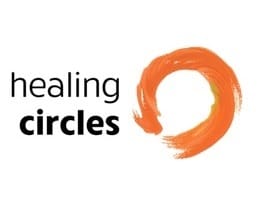
Healing Circles is a safe place to bear witness to it all. Join circles from anywhere, healing ourselves and our planet.
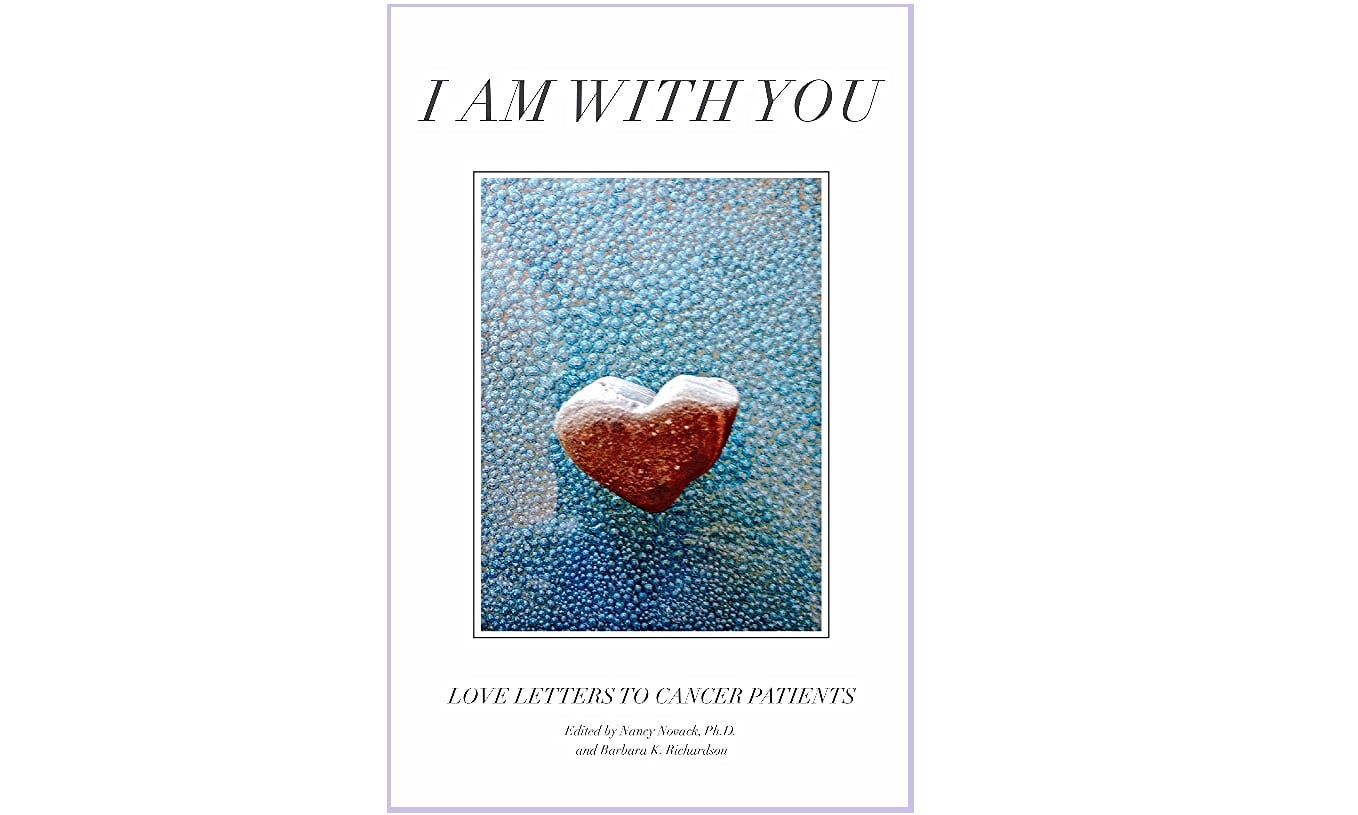
I Am with You: Love Letters to Cancer Patients ›
Edited by Nancy Novack and Barbara K. Richardson
Step by step the longest march can be done.
Pete Seeger, from the song Step by Step
References


